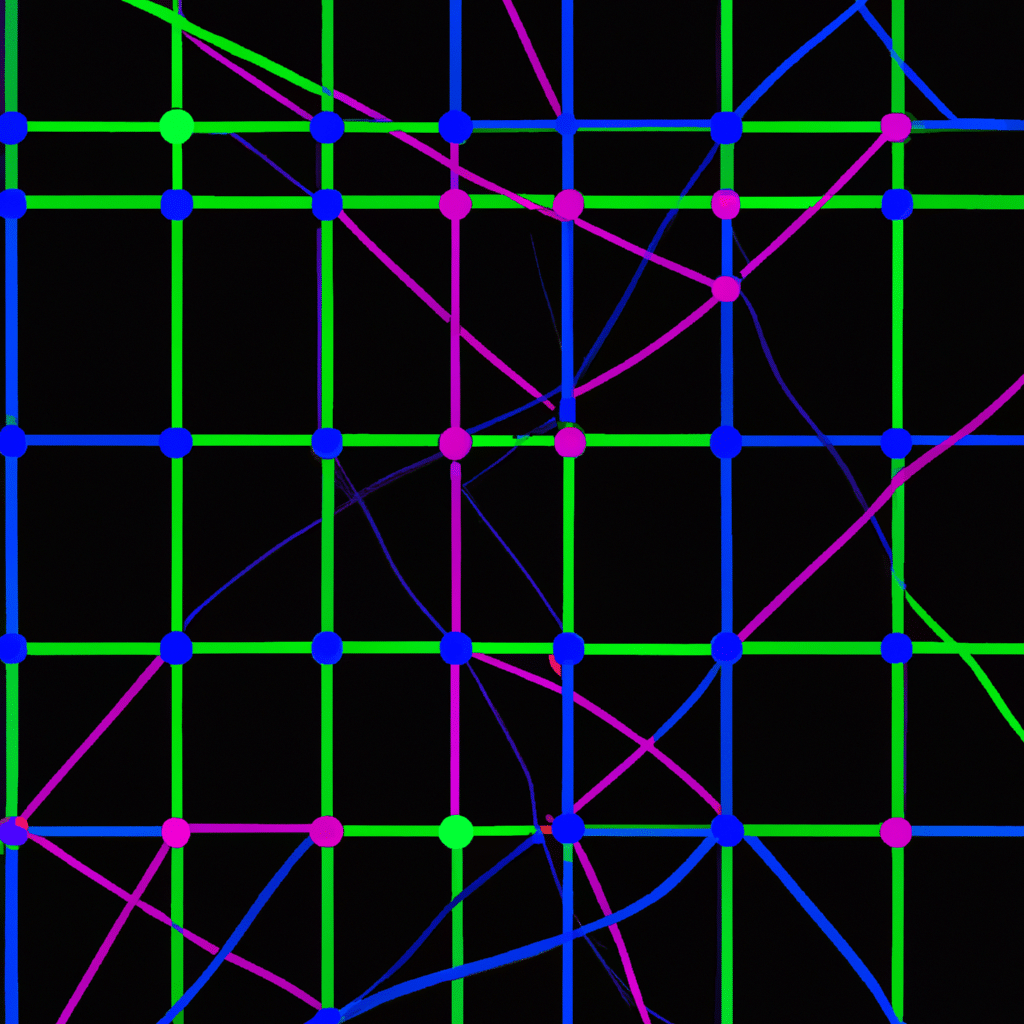What You Need to Know About Quantum Computing
Quantum computing is an emerging technology that has the potential to revolutionize the world as we know it. With its ability to perform complex calculations at lightning-fast speed, it promises to solve problems that would take traditional computers hundreds of years to solve. In this article, we will provide a detailed overview of quantum computing, its history, how it works, and its potential applications.

A Brief History of Quantum Computing
The concept of quantum computing dates back to the 1980s when physicist Richard Feynman proposed the idea of a computer that could simulate the behavior of atoms and molecules. However, it wasn’t until the late 1990s that the first rudimentary quantum computers were built. These early machines could perform simple tasks, but they were far from practical.
In recent years, significant advancements have been made in the field of quantum computing. Today, several companies, including Google, IBM, and Microsoft, are working to develop practical quantum computers that can solve real-world problems.
How Quantum Computing Works
Traditional computers use bits, which are either 0 or 1, to represent data. In contrast, quantum computers use quantum bits, or qubits, which can be both 0 and 1 at the same time. This property allows quantum computers to perform calculations that are impossible for traditional computers.
One of the key components of a quantum computer is the quantum gate. Quantum gates are analogous to logic gates in traditional computers and are used to manipulate qubits. By applying a series of quantum gates to a set of qubits, a quantum computer can perform complex calculations.
Another essential component of a quantum computer is the quantum algorithm. Quantum algorithms are specifically designed to take advantage of the unique properties of quantum computing. For example, Shor’s algorithm, developed by mathematician Peter Shor in 1994, is used to factor large numbers quickly. This algorithm has significant implications for cryptography, as it could potentially break traditional encryption methods.
Potential Applications of Quantum Computing
Quantum computing has the potential to revolutionize several industries, including finance, healthcare, and energy. One of the most significant applications of quantum computing is in the field of drug discovery. The ability of quantum computers to simulate the behavior of molecules could significantly speed up the drug discovery process.
Another area where quantum computing could have a significant impact is in financial modeling. The ability to perform complex calculations quickly could help financial institutions make more accurate predictions and reduce risk.
Quantum computing could also have a significant impact on the energy sector. The ability to simulate the behavior of atoms and molecules could help researchers develop more efficient energy sources and storage devices.
Challenges to Overcome
Despite the potential of quantum computing, there are several challenges that must be overcome before practical quantum computers can be developed. One of the most significant challenges is the issue of quantum decoherence. This phenomenon occurs when qubits interact with their environment, causing them to lose their quantum properties. Researchers are working to develop methods to mitigate this issue, but it remains a significant challenge.
Another challenge is the issue of scalability. Current quantum computers are relatively small and can only perform simple tasks. To be useful, quantum computers must be able to scale to thousands or even millions of qubits.
Conclusion
Quantum computing is an exciting technology that has the potential to revolutionize several industries. Its ability to perform complex calculations quickly could solve problems that were once thought to be unsolvable. However, there are several challenges that must be overcome before practical quantum computers can be developed. Despite these challenges, researchers are making significant progress, and the future of quantum computing looks bright.












